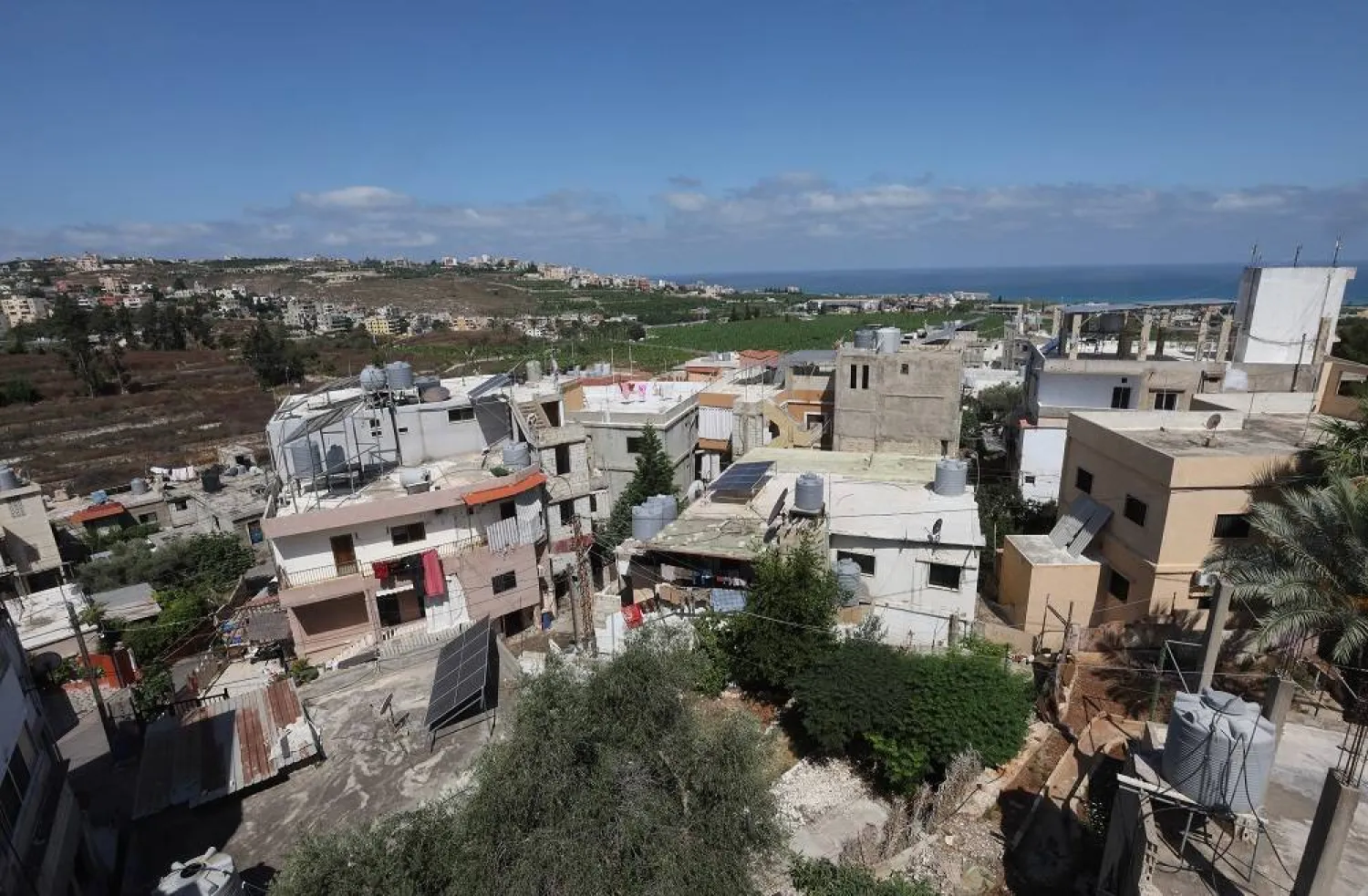Ahmed Abu Della was born in the Lebanese village of Yarine before the land to the south was known as Israel.
He hoped to spend his final days there - but 80 years later, with his hometown pummeled by Israeli shelling, Abu Della's children gave him an ultimatum: leave Yarine, or we will come there to die with you.
Abu Della and his younger brother were the last residents of Yarine still living there this spring. Most families fled in October, soon after Lebanese armed group Hezbollah began trading fire with the Israeli military in parallel with the Gaza war.
"What let me last so long was the soil itself," Abu Della told Reuters, with tears in his eyes as he described the home he built in Yarine, surrounded by his beloved farmland and cattle. "If you turn the soil over, you'll find our fingerprints in it."
More than 95,000 people have been displaced in southern Lebanon since hostilities erupted, according to the International Organization for Migration (IOM). Across the border in Israel, 60,000 people have fled their homes.
But unlike in Israel, where the state is funding hotel stays and other temporary housing for those displaced by the war, families in Lebanon have received little to no state support.
More than 80% of those displaced in Lebanon are being hosted by relatives or friends, according to the IOM. Another 14% are renting out homes and just 2% are living in collective shelters.
Yarine's residents are among the majority who have relied on relatives - and it isn't the first time.
Many of the town's residents remember fleeing Yarine in 1978, during the Israeli military's incursion in the early years of Lebanon's civil war.
They traipsed to the port city of Sidon, through several towns in the south and into the mountainous Chouf region before eventually settling on the outskirts of Baisariyeh, 50 km (31 miles) north of their hometown, and building modest homes.
As more people from Yarine settled there in the 1980s, they set up water pipes and built their own school, earning the area the nickname of "the Yarine district" of Baisariyeh.
'STILL BEING SCATTERED'
Samer Abu Della, Ahmed's nephew, was born in "Yarine district" near Baisariyeh in 1979. Growing up to become a teacher, he built a home in Yarine with his wife and six children in 2011, thinking the border had stabilized after the month-long war between Hezbollah and Israel in 2006.
But now, he's back to "the district" after having fled shelling on the border.
"This feeling, or rather past experience, stays. It becomes something that gets passed down through generations. We said, 'two days and we'll be back (home),' then 30 years went by until we went back," said Samer.
"That's the feeling that some people are afraid of," he said outside his mother's modest home on the outskirts of Baisariyeh, where he was now staying.
Samer's two young sons slept on the couch for months, while he, his wife, and their four daughters squeezed into a single bedroom. His mother's kitchen table wasn't big enough to fit the 11 people now living there, so she served two rounds of each meal to make sure everyone had a seat.
Samer said there were at least 70 families like his who had fled Yarine and were now back in Baisariyeh - and that their meagre means were not nearly enough.
Families in Lebanon have been hit hard by a five-year economic meltdown that has blocked their savings in banks, slashed the value of the Lebanese pound and forced the state to lift subsidies that once made some basic services affordable.
Lebanon's government has not announced stipends or other forms of long-term support to those affected by the hostilities, while Hezbollah has distributed some financial packages and covered rent for some families.
The Abu Della family said it received a food basket from the Southern Council, an official body, but it was not enough to cover their needs during their displacement.
"No one knocked on our door and no one asked... Everyone's been dealing with their own situation through their own efforts," said Lamia Abu Della, 74, Samer's aunt.
"We were displaced in 1977 and we're still being scattered from here to there. But what do we do? This was imposed on us - it's not in our hands."









